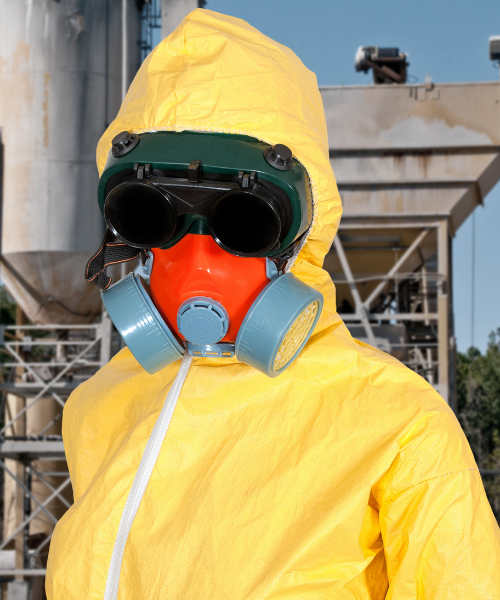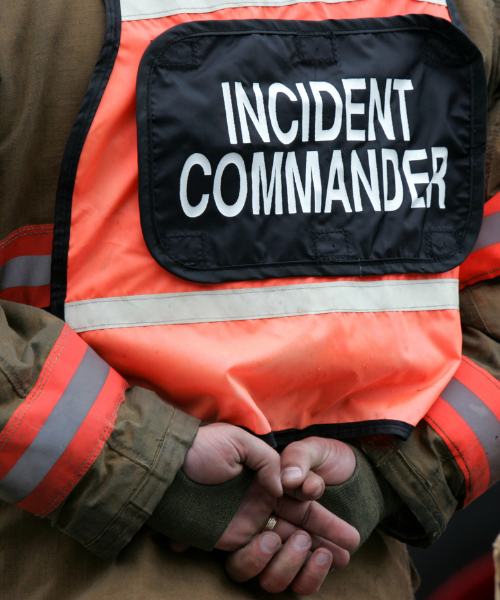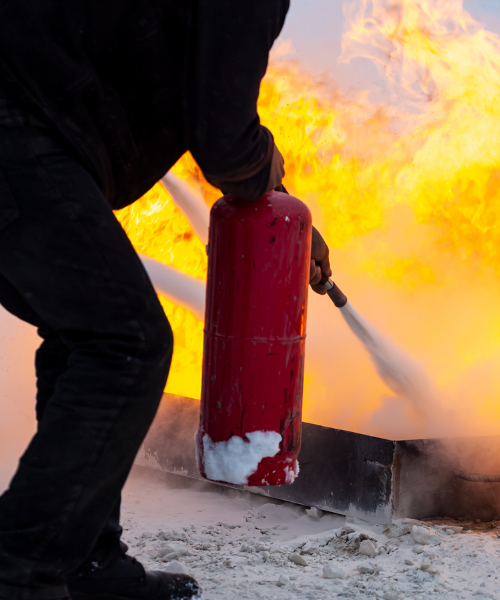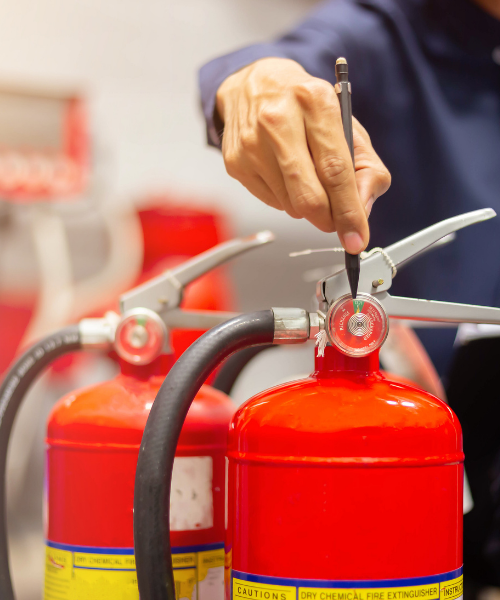Industrial
Advance Firefighting and Rescue Training
Theory
• Basic Fire Science
• Class of Fire and Method of Extinguishment
• First Aid Firefighting Equipment
• Rescue principles and rescue planning
• Basic Rescue technique
• Type of Fire Hoses
• Hose Deployment
• Hose Recommissioning
• Fire Hose Nozzle
• Hose Fittings
• Hand Signals
• Hydrant Operation
• Fire Team Composition
• Roles of Attacking Team
• Indirect Attack
• Direct Attack
• Offensive VS Defensive Attack
• Overview of Rescue Team
• Rescue Team Composition
• Overview of Rescue Rope
• Type of Rescue Rope
• Inspection and testing of Rescue Rope
• Storage of Rescue Rope
• Type of Rescue Knot
• Stretcher Operation
• Overview of Breathing Apparatus
• Components of Breathing Apparatus
• Working Duration Calculation
• Working with Breathing Apparatus
• Donning and Doffing procedures
• Emergency Procedure
Practical
• Skill Set 1 – Donning of SCBA
• Skill Set 2 – Doffing of SCBA
• Skill Set 3 – Basic SCBA Drills
• Skill Set 1 – Hose Deployment
• Skill Set 2 – Hose Recommissioning
• Skill Set 3 – Hydrant Operation
• Skill Set 4 – Connecting & Replacing Hoses
• Skill Set 1 – Attacking Formation
• Skill Set 2 – Forward Attack Team
• Skill Set 3 – Reversing Attack Team
• Skill Set 4 – Moving to left and right
• Skill Set 1 – Casualty Packaging
• Skill Set 2 – Bucket/ Basket Stretcher Operation
• Skill Set 3 – Transporting Casually
• Skill Set 4 – Rescue with SCBA
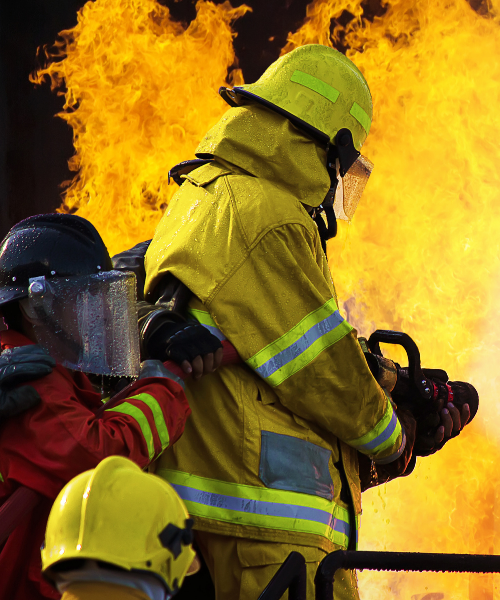
Tank Fire Hazard and Incident Management
Theory
Design of different tank and tank fire scenarios and what to do in this situation.
Overview of the facilities and demonstration of the installation of the facilities.
Risk assessment and management of Fire Hazard.
• Prevention of Fire & Explosion
• Detection, Passive and active System
• Selection of Equipment based on Tank Fire Scenario
• Rim Sela Fire
• Full Surface Fire
• Bund and Spill Fire
• On the Roof Fire
• Boil-Over and Slop-over
• Type of foam and selection of correct foam
• Foam application using Fixed System and Mobile Equipment
Maintenance of fire safety critical system

Basic Fire Safety
Theory
• Facts of Fire
• Fire Triangle
• Type of Fuel
• Heat Source
• Oxygen composition
• Fire Development growth
• Heat Transfer
• Theoretical Fire Spread
• Understanding Smoke
• Means of Escape
• Evacuation Process
• Headcount & Mustering
Practical
• Skill Set 1 – Portable Fire Extinguisher carrying method
• Skill Set 2 – Operating Fire Extinguisher
• Skill Set 3 – Live firefighting using Fire Extinguisher
• Skill Set 1 – Fire Hose Reel Operation
• Skill Set 2- Fire Blanket Operation
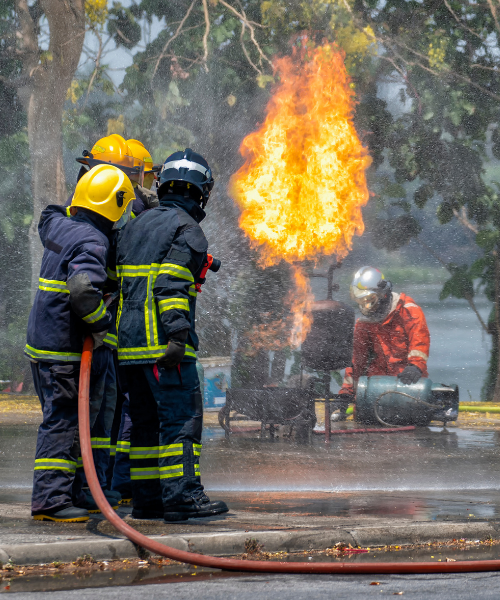
Fire Investigation
Theory
• Impact of fire damages
• General procedures of fir investigation
• Effective fire investigation
• Fire triangle
• Heat release due to fire
• Fire kinetics
• Flammability limits
• Flash point
• Auto ignition
• Electrical sparks and arcs
• Mechanical sparks
• Resistive heating
• Hot surfaces
• Thermal radiation
• Fire growth rate and flame propagation
• Effect of fuel load and ventilation
• Flashover
• Temperature versus time
• Fire patterns
• Thermal damage mechanism
• Non-thermal damage mechanisms
• Information gathering
• Scene documentation
• Preservation of evidence for offsite fire investigations
• Identifying and retaining important physical evidence
• Evaluating samples collected from the fire site
• Visual and macroscopic examination
• X-ray imaging on fire affected objects
• Cross sectional examination and Metallography
• Scanning electron microscopy (SEM)
• Energy dispersive X-ray spectrometry (EDX)
• Fourier Transform Infrared Spectrometry (FTIR)
• Gas chromatography–mass spectrometry (GC-MS)
• Present investigation cases on different types of fires and
explosions including mechanical fire, electrical fire, vehicle
fire, building fire, etc
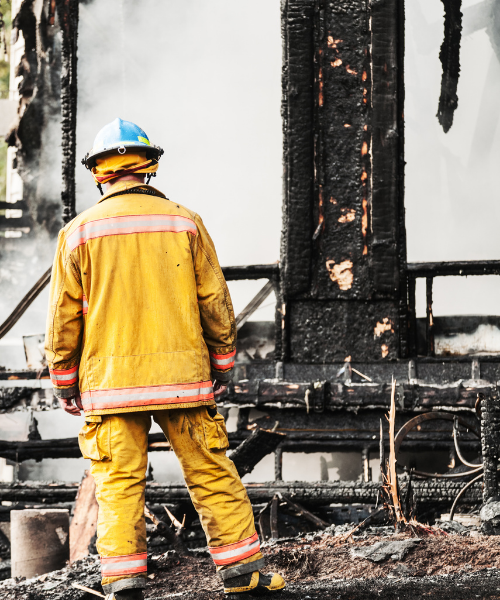
Choose Your Course and Register Now
Choosing the right fire safety course is essential for improving your skills and knowledge in fire prevention and response. Courses are available at all levels, from basic awareness to advanced training for professionals. Select the course that matches your goals and prioritize fire safety in your life or career.”
Advance Firefighting and Rescue Training
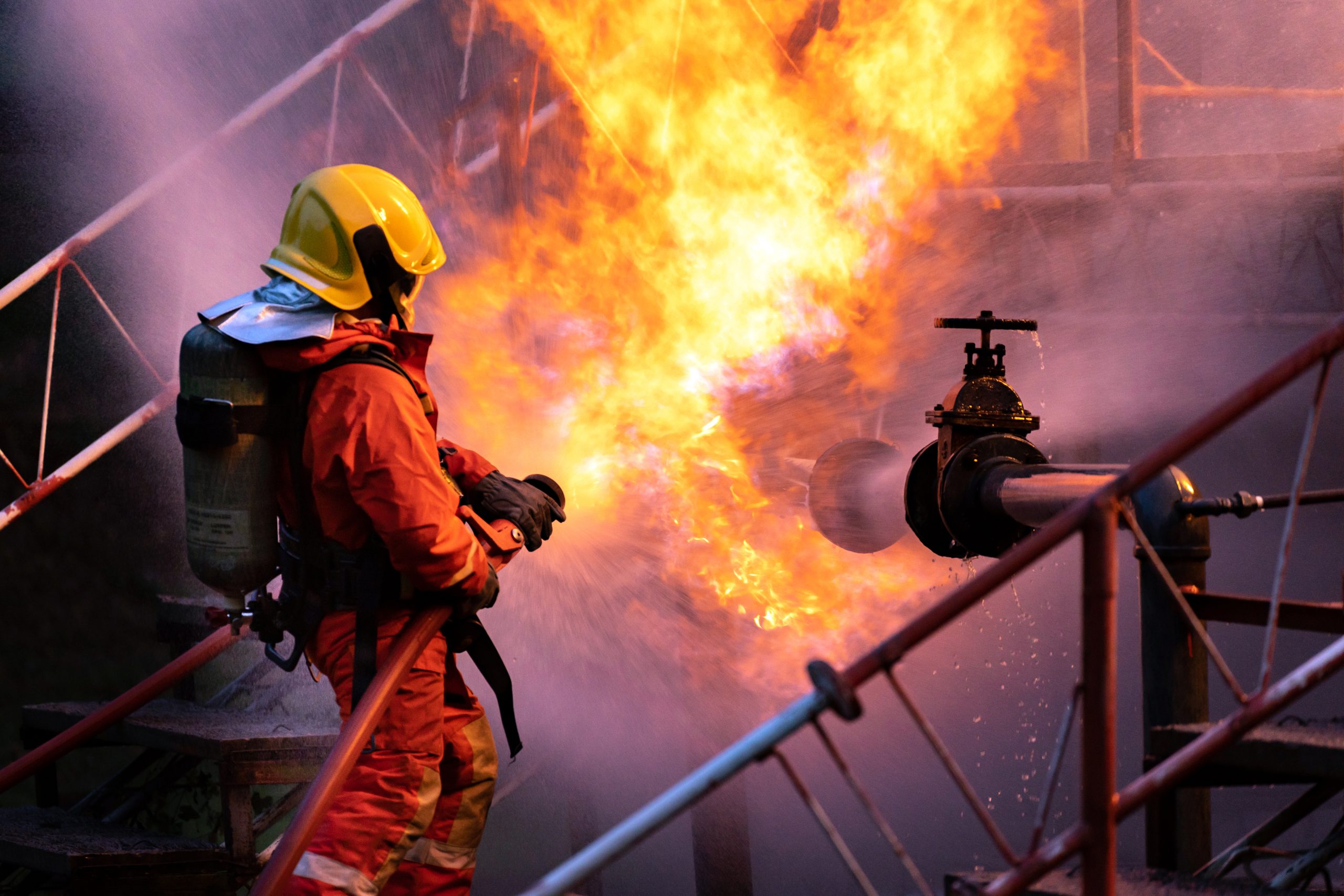
Understand Basic Fire Science, Fire
Development Growth and principles
of rescue
Understand different fire attack
method such as fire team
composition, direct and indirect
method.
Demonstrate initial Firefighting
response using first aid firefighting
equipment.
Demonstrate different rescue
operation technique (non-improvised
and improvised) such as using rescue
rope.
Practical training of what is a SCBA and how to wear and use it in real fire extinguishing situation.
Hazmat Operation Training
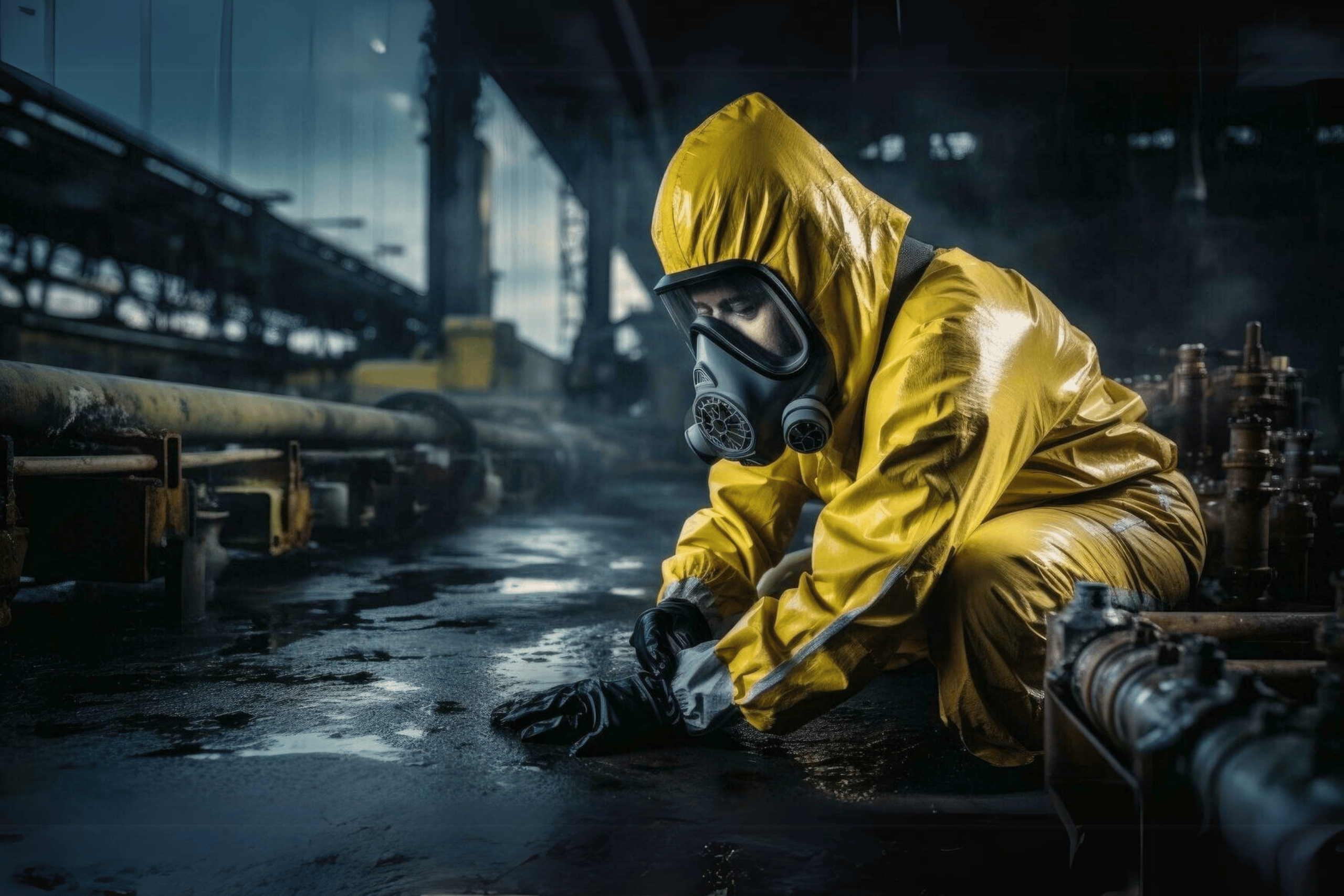
Safeguard own self and other’s health and safety
Understand the knowledge and skill needed to recognize
Determine the presence of hazmat
Tank Fire Hazard and Incident Management
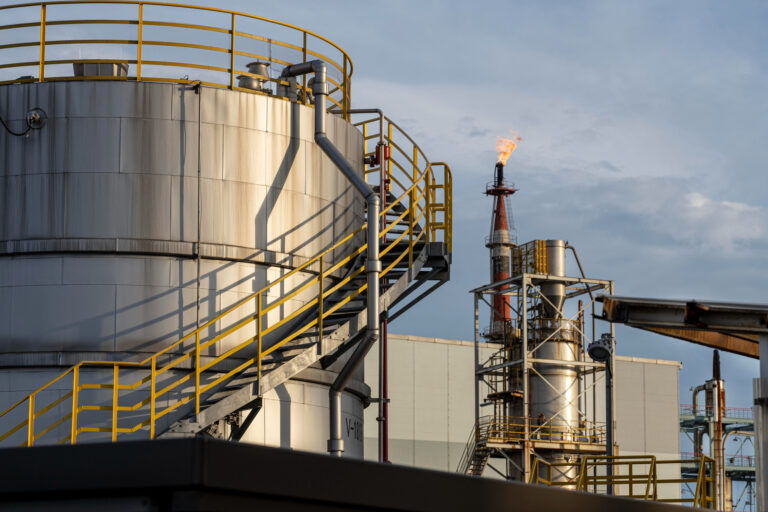
Understand the types of scenario for tank incidents and the associated escalation
Understand the effects of foam on the environment
Understand the foam application requirements and the associated tactics and techniques fordifferent scenarios
Basic Fire Safety

Understand Basic Fire Science, Fire
Development Growth and principles
of rescue
Define basic rescue priority and
initiate basic rescue planning
Understand class of Fire and
principal method of Fire
Extinguishment
Demonstrate different rescue
operation technique (non-improvised
and improvised) such as using rescue
rope.
Demonstrate initial Firefighting
response using first aid firefighting
equipment such as Portable Fire
Extinguisher, Fire Hose Reel and Fire
Blanket
Demonstrate basic rescue technique
(non-improvised and improvised)
such as using foldable stretcher,
utilizing blanket, stretcher-based
rescue method and snatch rescue.
Fire Drill Management

Fire Investigation
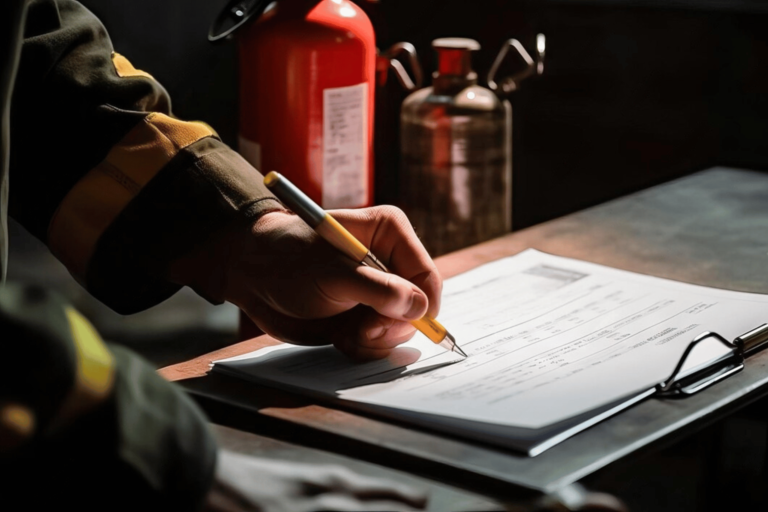
Understand the Fundamentals of fire science
Understand the fire properties of materials
Understand the Fire ignition mechanisms and fire dynamics
Understand for damage mechanisms from fire
Understand the fire scene processing and evaluation
On Scene Command
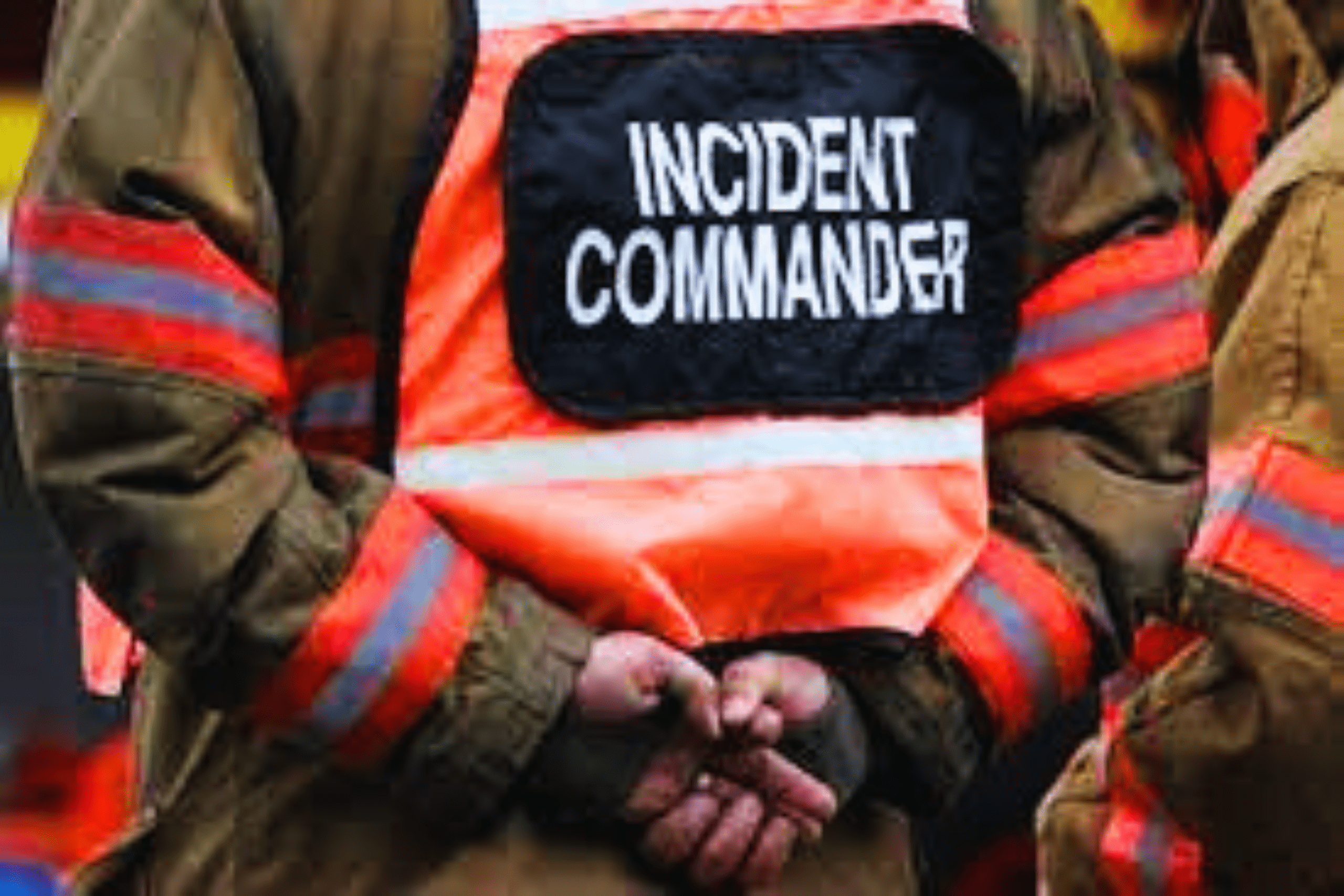
Evaluate the strength and weakness of respective ERT in their own workplace
Command in tactical and Strategy terms during emergencies
Basic Fire Safety Management for Industry

Understand the fire prevention and mitigation
Understand the types of detection and laram in a building
Undertand and able to plan evacuation routes in a building
Understand the separation zones and compartmentation
Able to demonstrate a fire emergency action plan (EAP) and
typical fire emergency action plan
content
